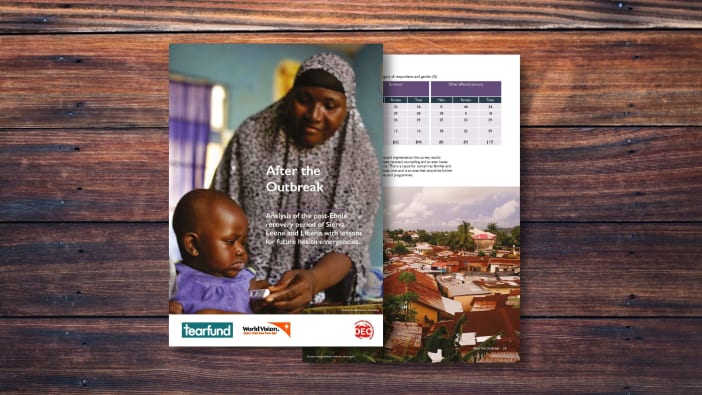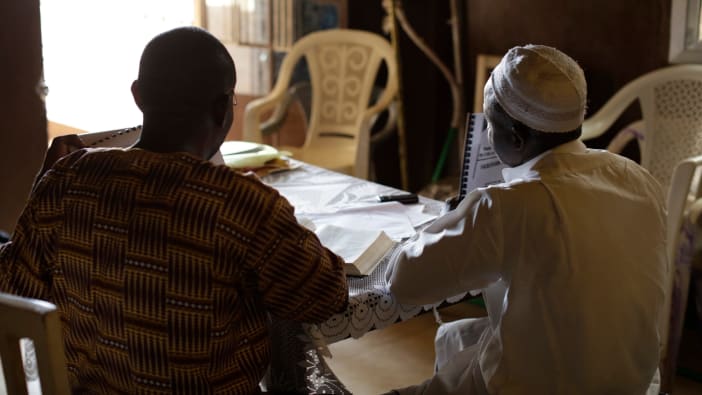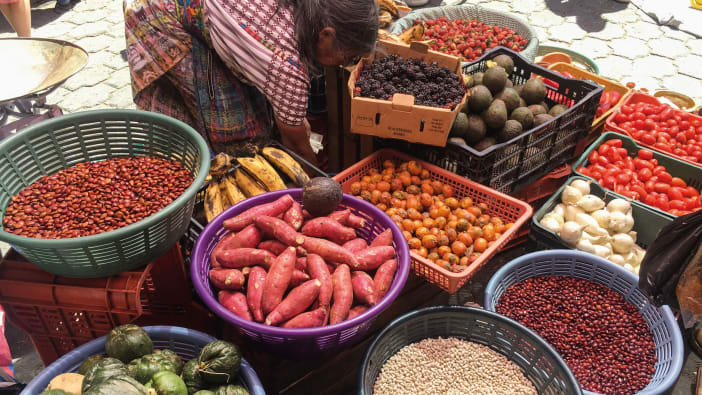The AIDS pandemic is a cause of migration. For example, people living with HIV might move to avoid stigma by their community or return to rural homes for support when they become sick. People also often migrate after the death of their partner and orphaned children might move to be with family or to find work.
Increased vulnerability
Migrants are often particularly vulnerable to HIV. For example:
- Migrant workers such as mine workers, truck drivers and construction workers are usually young men who are separated from regular partners for long periods of time. Loneliness, isolation and living in a mainly male environment can mean that male migrants have sex with male partners or with sex workers, placing them at higher risk of HIV infection.
- Migrant women are vulnerable to rape or may be forced to sell sex for survival. They may not be able to insist on using a condom. Their risk of HIV infection is also increased by high levels of sexual violence.
Migrants living with HIV
Migrants often lack access to healthcare services and may be missed out of national HIV responses. Migrants who are already on antiretroviral (ARV) treatment may face particular challenges. ARV medicines need to be taken every day, along with safe water and good nutrition, if they are to be effective. Treatment may be disrupted for those forced to flee their homes because of conflict or a natural disaster.
Fiona Perry is Tearfund’s Disaster Management HIV and AIDS Co-ordinator.
Email: [email protected]









